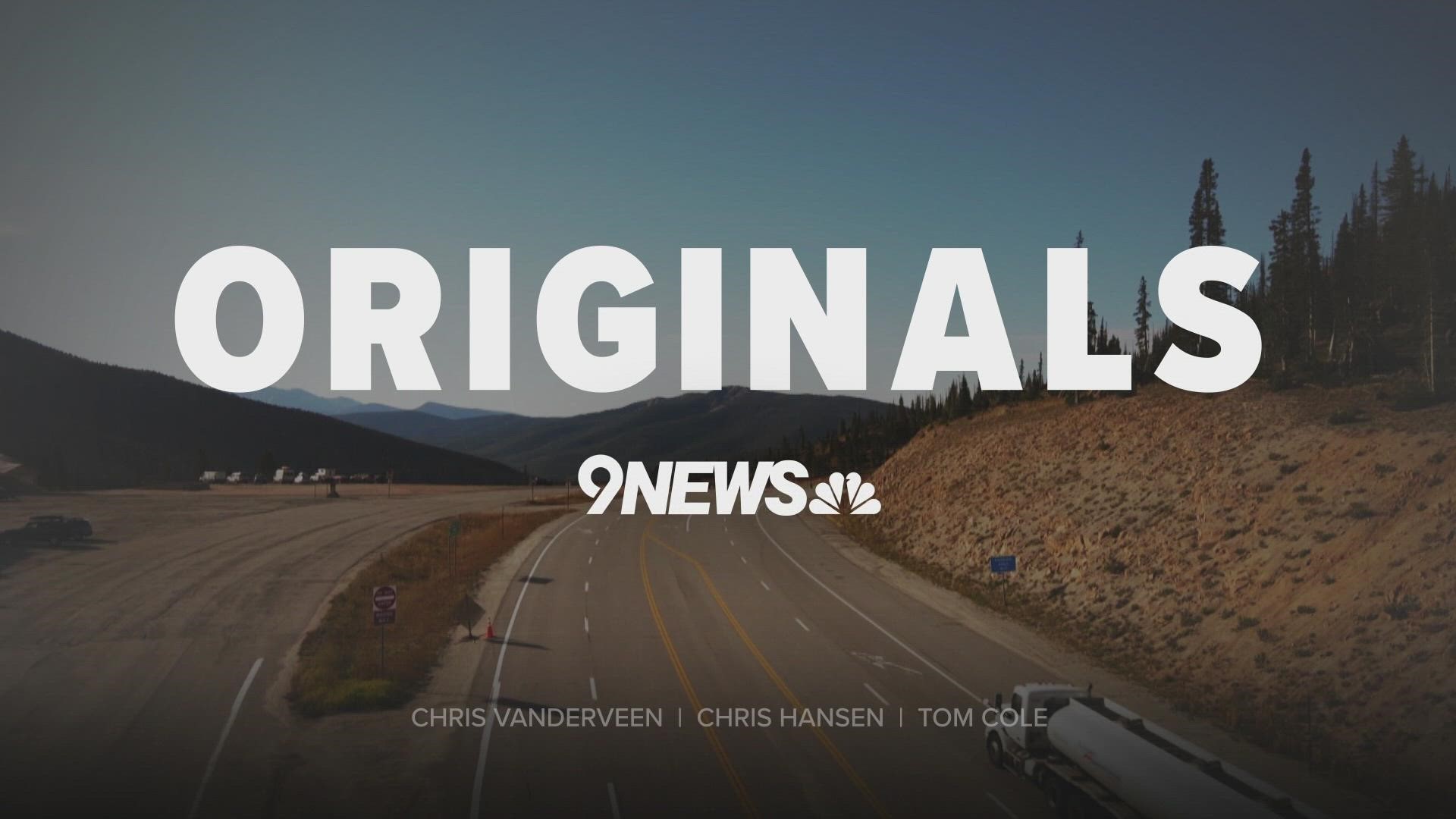Truck crash in Colorado's mountains highlights risk of new drivers
Brennan Burney had a Commercial Learner's Permit for 8 days when his trailer hauling construction equipment hit another vehicle on Monarch Pass and killed a woman.
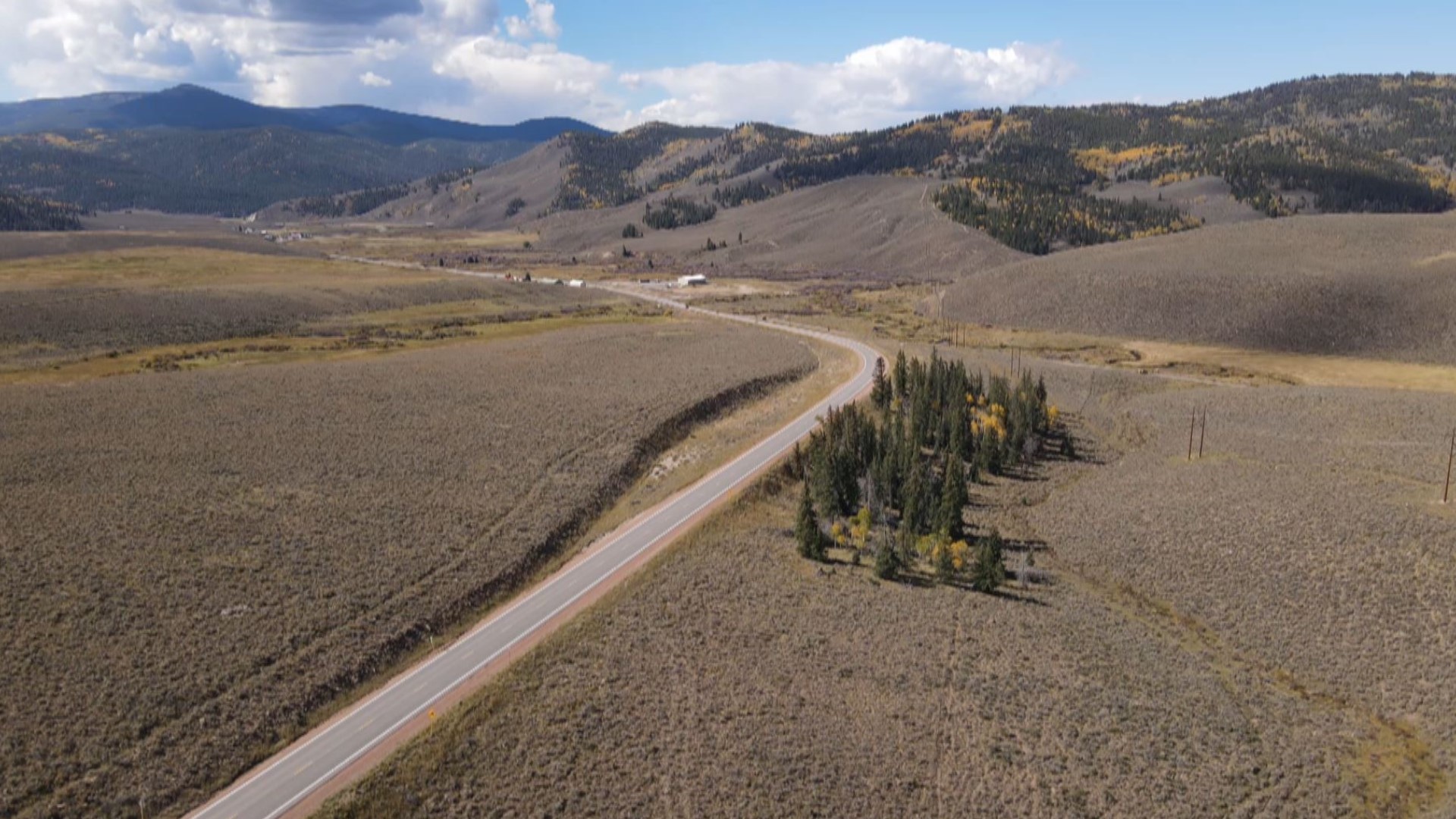
Chapter 1 Systematic problem
When an inexperienced driver of a truck hauling heavy construction equipment killed a woman in Gunnison County last year, he unwittingly highlighted a problem within a federal system designed to root out potentially dangerous drivers.
The overwhelmed system couldn’t prevent the Colorado crash. A 9NEWS ORIGINALS investigation has found the potential for similar stories across the U.S.
On Aug. 20, 2021, two-hours shy of her destination, Shirley Rose, 83, settled into what was supposed to be the final stretch of a long-anticipated road trip to visit family in Colorado.
“She was so excited,” said her daughter, Dawn Rose. “She had been packing for like a month.”
The previous year had been tough on both mother and daughter. Shirley endured the pandemic in her home in Nevada. Dawn in her home in Canon City. This was their break.
Dawn’s grandson drove the last leg of the Nevada-to-Colorado journey on U.S. 50 during a brief stop in Gunnison. Dawn sat in the front passenger seat. “Nana Shirley,” as everyone called her, sat in the back.
Not one of the three was aware of the danger headed their way.

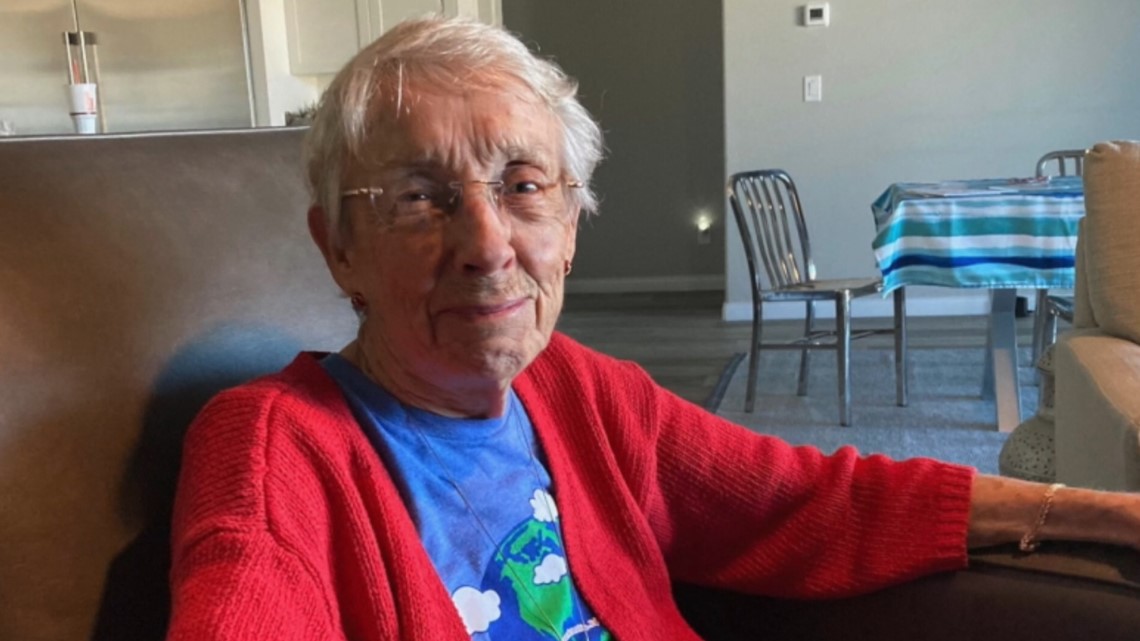
Eight days into a Commercial Learner’s Permit, Brennan Burney was a long way away from his home in Franklin, La., when he began his descent on Colorado’s infamous and steep Monarch Pass, in a 2021 GMC Sierra with a gooseneck trailer carrying heavy construction equipment.
The company that employed him was new to the road itself – less than 4 months old, according to a review of federal trucking records.
Colorado State Patrol investigators believe Burney hit a speed of at least 80 mph when he neared the end of the west side of the pass. The speed limit is 55 mph. A Commercial Driver’s License holder named Tashib Guilbeau was in his passenger seat, according to state patrol.
A state patrol report concluded the gooseneck trailer wasn’t connected to the truck properly. “Trailer brakes were not plugged in or were improperly plugged in,” the report said.
It was a dangerous combination: An inexperienced driver and ineffective brakes. When Burney neared the final curve and slowed traffic, he immediately slammed on his brakes, according to a state patrol report.
Dawn Rose, sitting in the front seat of an Infiniti QX56 SUV and headed in the opposite direction, saw a flash.
“I saw a trailer fly at us. That’s the last thing I remember,” she said.
Burney's truck had crashed into another vehicle, setting off a chain reaction that took only moments.
Shirley Rose likely died instantly.
Dawn and her son Lane suffered critical injuries.

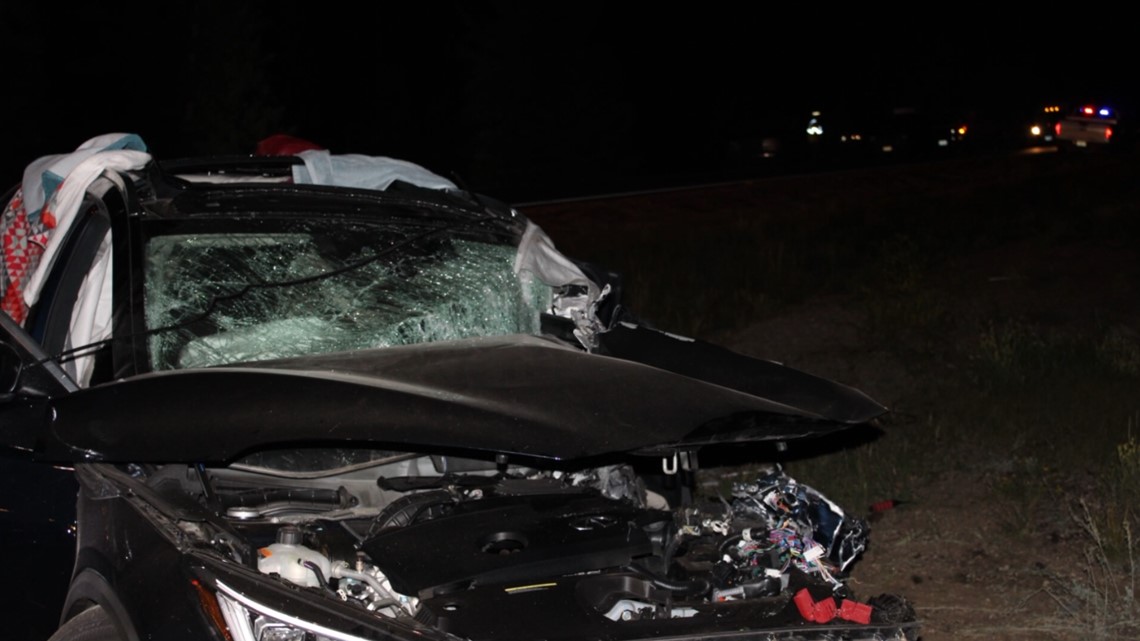
The crash received little more than a few headlines in local newspapers.
Yet the crash itself highlights a systemic problem within the U.S. trucking industry. New drivers driving for new companies represent a higher-than-average risk on the country’s roads. It’s at least a 50% higher risk, according to the U.S. Department of Transportation.
And a 6-month 9NEWS ORIGINALS investigation raises questions on whether the safety branch of the DOT – the Federal Motor Carrier Safety Administration – is even capable of keeping an eye on those new companies.
The one-truck company that employed Burney, for example, continued to haul heavy freight for another six months after the crash. The crash itself doesn’t come up on the FMCSA’s safety profile.
And Burney, charged late last year with vehicular homicide, didn’t make his last court appearance. Prosecutors in Gunnison County simply don’t know where he is, and a warrant is out for his arrest.
Chapter 2 New companies, larger risk

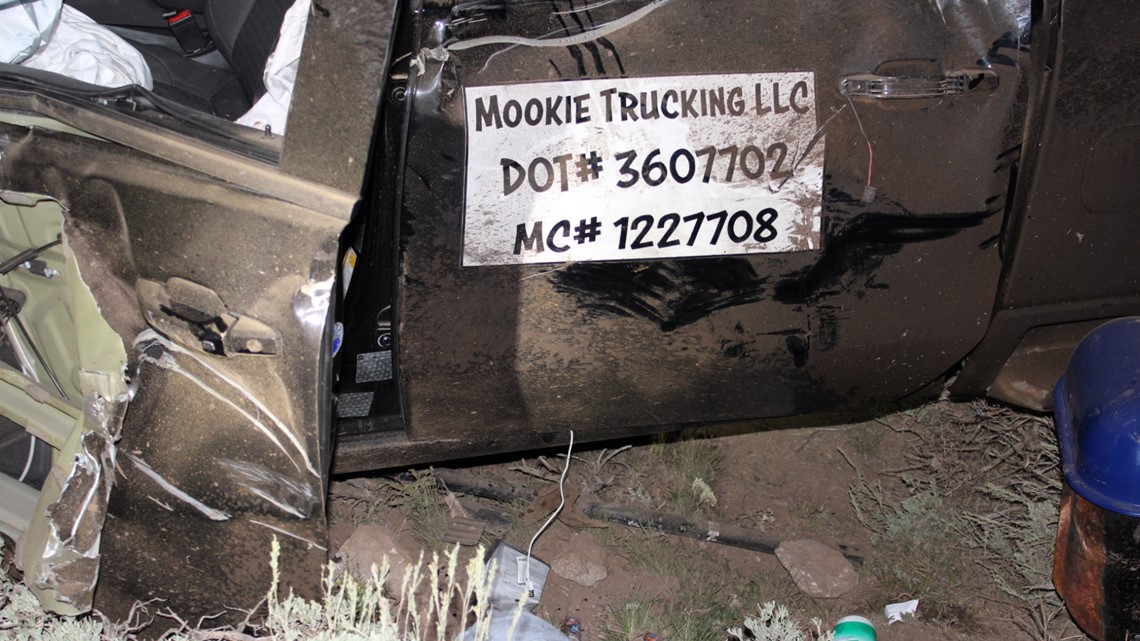
Louisiana-based Mookie Trucking started hauling commercial freight across the country on May 4, 2021, according to federal records. Per federal rules, the company was immediately enrolled into the New Entrant Safety Assurance Program.
The program, initiated by the FMCSA in 2002, was designed to add an additional level of scrutiny to new freight carriers.
In 2017, the FMCSA determined “the crash rates of new entrants as a group is 50% higher than the non-new entrant population.”
As part of the New Entrant Safety Assurance Program, which runs for 18 months, new companies must “operate safely, maintain up-to-date records, conduct periodic inspections and perform maintenance on CMVs (commercial motor vehicles) and pass the safety audit.”
According to FMCSA’s own website, that safety audit will occur “within 12 months after beginning operations.”
New entrants will fail the safety audit if they are caught using a driver who shouldn’t be on the road or caught using a truck without proper insurance and hours-of-service records, for example.
Less than four months into operations, Mookie Trucking had yet to go through its safety audit, and it’s hardly an unusual case.
During the last three fiscal years, FMCSA appears to be completing roughly 40,000 to 45,000 safety audits a year. During the current fiscal year, it’s completing only 68.6% of those within the 12-month window, according to its own data. That’s down from 86.5% during the previous fiscal year.
Even that doesn’t tell the entire story.

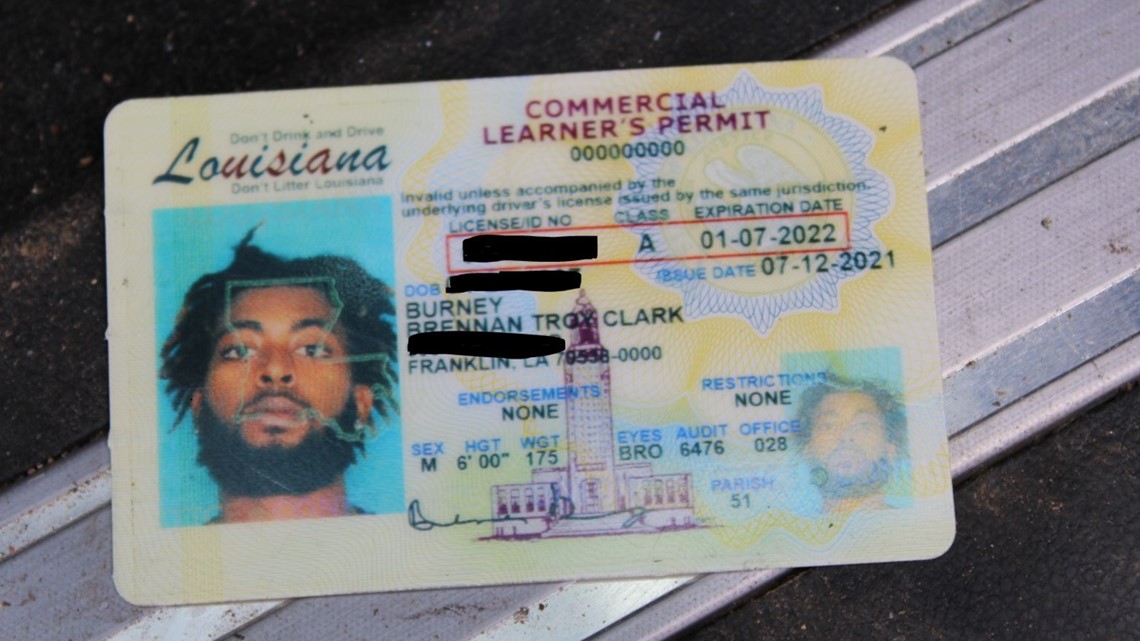
In 2021, a record number of trucking companies entered the market. According to FMCSA data, 143,135 companies started operations. That’s more than double the 2019 figure.
With 45,000 audits per year, and 143,000 companies entering the market every year, tens of thousands of new carriers won’t see an audit during their first year of operations. It’s not clear just how many. A request for that figure has not been answered by FMCSA as of the time of this story.
Trucking safety advocates believe the FMCSA is in over its proverbial head.
“The public needs to have confidence that if you’re going to let somebody new enter this space that they prove they know what they’re doing, and they haven’t done that,” said Zach Cahalan, executive director of the Truck Safety Coalition.
Chapter 3 Not a 'legitimate company'
Denver-based attorney Angela McGraw calls Mookie Trucking a “fly-by-night, not legitimate company.”
She sued the company and its insurance on behalf of the Rose family.
“[Mookie Trucking] didn’t follow any sort of vetting process when onboarding,” she said.
9NEWS repeatedly tried to contact Brennan Burney, Tashib Guilbeau and the owner of the Louisiana-based truck that crashed in Colorado last year. None has returned calls and texts.
Yet somehow, even with its sole truck totaled and its driver charged with vehicular homicide, Mookie Trucking managed to obtain another truck that continued to drive in at least three more states for an additional six months, according to FMCSA records.
In May, FMCSA conducted what’s known as a compliance investigation of Mookie Trucking. It’s not clear what happened during the investigation and no fines were issued, but in August, Mookie Trucking was allowed to haul freight under a “conditional’ rating.
It appears Mookie Trucking has now stopped trucking altogether, however.
The truck it used after the Colorado crash is now being operated by a new trucking company known as D&K Trucking.
Records we’ve reviewed show the owner of D&K Trucking is a man named Wayne Hawkins. Colorado State Patrol records show the owner of the truck that crashed in Colorado was also Wayne Hawkins.Hawkins has also not returned our calls and texts.
D&K Trucking is still allowed to haul freight across the U.S.
> Below: 9NEWS reporter Chris Vanderveen discusses this story:
More 9NEWS coverage of problems with the federal trucking system:
RELATED: Owner of trucking company involved in fatal, fiery crash never knew driver was in Colorado mountains
> Below: A 9Wants to Know investigation into the company involved in a fiery and fatal 2019 crash on Interstate 70 in Lakewood:
SUGGESTED VIDEOS: Originals
9NEWS+ has multiple live daily shows including 9NEWS Mornings, Next with Kyle Clark and 9NEWS+ Daily, an original streaming program. 9NEWS+ is where you can watch live breaking news, weather updates, and press conferences. You can also replay recent newscasts and find videos on demand of our top stories, local politics, investigations and Colorado specific features.
To download 9NEWS+ on Roku search for KUSA.
To download 9NEWS+ on Fire TV search for 9NEWS.


